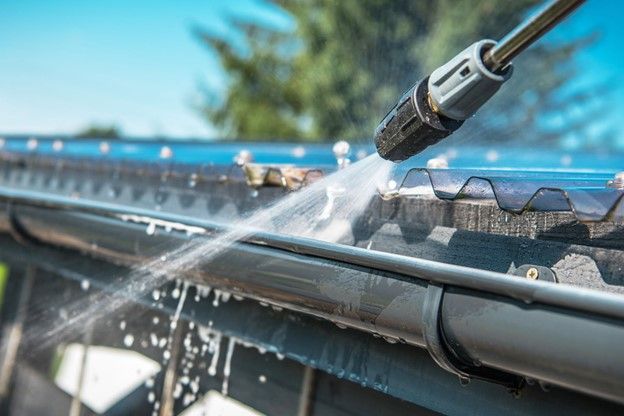By Amy Newcomer
•
08 May, 2024
If you are buying a house and found the perfect one, Congratulations! If you are planning to sell your home, Goodluck! Either way, before closing the deal or listing your property in the market, a home inspection should be ticked off your list! Of course, your agent will most likely guide you through the process but it’s important that you have a rough idea on when to call and schedule for a home inspection. It’s a no-brainer that whether your home is new or a century-old, a home inspection is the wisest decision you could ever make to protect your most prized possession. Every home should be inspected to ensure that its major systems are in good working condition. Below is our guideline for when to call your local home inspector: When Buying Before closing the deal, a home inspection should always be considered even if the home looks really good on the outside. “A BRAND-NEW HOUSE DOESN’T NEED A HOME INSPECTION”, says no home inspector ever. True enough because the existence of a perfect house is a myth that needs to be debunked. As a matter of fact, most construction issues and structural problems can go unnoticed until 3-5 years, the time when issues are no longer the responsibility of the builder. One major reason for a home inspection is to secure and protect your investment. The last thing you would want is to find unpleasant surprises upon moving in. While it may actually cost you extra to have a home inspection, it can actually save you thousands down the road. You will know what you are buying and you know what to expect. A home inspection can also help you negotiate and bargain the price down or negotiate with the sellers should there be any necessary repairs. Typically, a home inspection is a non-invasive visual examination of the home’s major structure, systems, and components. This can include the roof, wall structure, crawlspace, basement, exterior, attic, insulation and ventilation, heating and cooling, plumbing system and electrical system. A home inspection helps identify defects or deficiencies on the major components that might need extensive repairs or may raise safety and maintenance issues. When Selling There are 2 good reasons why conducting a home inspection before listing it to the market is a major selling point. One, you get to see the actual condition of your home through the eyes of a neutral third party. Two, it only shows that you are transparent and willing to be upfront about the property. Even more, homebuyers will be more confident as it only shows you that your home is an open book. A pre-listing inspection also helps you sell your home faster. Putting yourself in the position of a homebuyer, you are more likely to consider a home where the seller discloses all information, be it positive or negative. As a seller, this inspection can protect you against potential claims from the buyer and get rid of back-and-forth negotiations that might ultimately kill the deal. A pre-listing inspection is also one way for you to learn the best- selling points of your home, price it accurately and appropriately, and most importantly, save yourself from stress and worries. All these being said, it is important to schedule ahead of time so you don’t feel rushed in such an important process. Just remember, be aware of the time of the year you opt to sell or buy a home. In some seasons, especially, summer, schedules tend to fill up faster so it’s best to call and schedule right away. Most home inspection companies also offer services specifically designed for one area depending on the need of the client which includes but not limited to roof inspection, mold inspection, termite inspection, radon inspection, pool inspection, and 1-year builder’s warranty. In any case, remember to only seek professional help.















